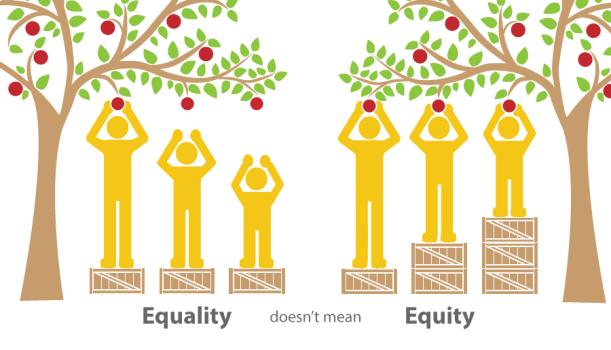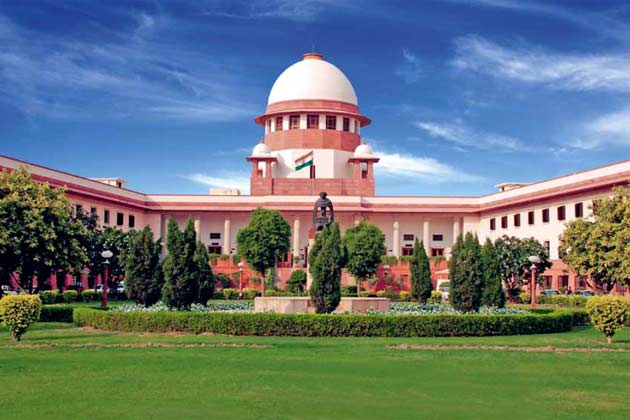
Few recall these days the furore on the Mandal Commission report.At that time I found to my dismay even some progressive academics at the Delhi University campus wavering on the question of reservation.(I had been there for some reason I do not remeber now,but vividly remember the vehemence of passion against the policy of reservation in the campus.)Some well-known professors had even confided to the press that the traditional system of tying some communities to certain vocations had been quite beneficial and well worth renewal!).Some SC and ST students,so went press reports,were forced to be on their knees and acknowledge the superiority of higher castes in a well-known medical college.I found only one former friend,a Brahmin,dourly standing his ground supporting Mandal without any quibbles.Following that surging wave of anger and resentment it slowly became politically correct to murmur disapproval of reservation as an egalitarian instrument.
Though the question and the agitation it had spawned is only a dim memory now it certainly had left traces on the public mind.The act passed by parliament ensuring reservation for ‘economically weaker sections'(EWS) is a clear example.Now a constitution bench of the SC is to deliberate on its legal validity.And let us hope the bench will not follow the middle path of protecting individual civil rights but compromising on basic constitutional principles.
It is therefore vital to realise and uphold the fact that the policy of reservation guaranteed by the constitution was NEVER a matter of charity and magnanimity by higher castes.It was part of the fundamental right to equality,or rather part of the process to promote equality on the ground level.It was hoped that it would inspire initiative and effort among lower castes to achieve human dignity they had been long denied,for example by hereditary bondage to types of work traditionally regarded as demeaning.It was also hoped that its effect would eventually draw in entire communities in a vast effort at self-liberation.
Whether and how it fell short of the desired objective is another story.But it was very much an integral part of the constitutional project of building democracy.
But the reservation for the EWS category is another matter.It follows from an assumption that there are too many poor people in the country and such poverty is depriving too many people of a chance to improve the condition of their lives.It is in the nature of a relief package .
True,the vast majority of the scheduled castes and tribes are also wretchedly poor,they perhaps rank among the poorest.But it is not economic inequality that has primarily kept them back,rather their inherited social indignity and depressed status.While the policy may not have succeeded fully,there can be little doubt that it has succeeded beyond doubt in making them conscious of their right to strive for and attain economic and social equality.
On the other hand the EWS category belongs rather to the category of election-oriented sops to create vote-banks.While reservation for the socially depressed sections has to some extent achieved its objective,the EWS category will never alleviate the economic distress of the billions of poor people in the country by even the tiniest fraction.
I also remember in this context the plight of a poor OBC teenager in Assam in nineteen sixties whose poor parents could not support his college education.
He had completed his School Finals without any hitch on an OBC scholarship,but when the Assam Government introduced reservation for EWS categories he was granted only tuition fees presumably on the ground that OBCs were not economically weak.For some years OBC students were given only tuition fees while the EWS category students drew the full amount,until the High Court threw out the spurious
distinction.
There is now a widespread regressive backlash from resentful dominant castes against democratic equality leading to honour-killings as well as loathsome crimes of torture and public humiliation of ‘uppity’ scheduled castes in rural areas.The resentment has also sophisticated political expression in sections of the media.Rohith Vemula’s suicide and the convoluted logic of the enquiry report exonerating the guilt of people in positions of authority are examples within recent memory.EWS legislation arguably belongs to this kind of politics.
One wonders whether the wider background for the whole discussion will have some bearing on the court’s judgment.But there is no offence in pleading that it should.
Hiren Gohain is a political commentator















































